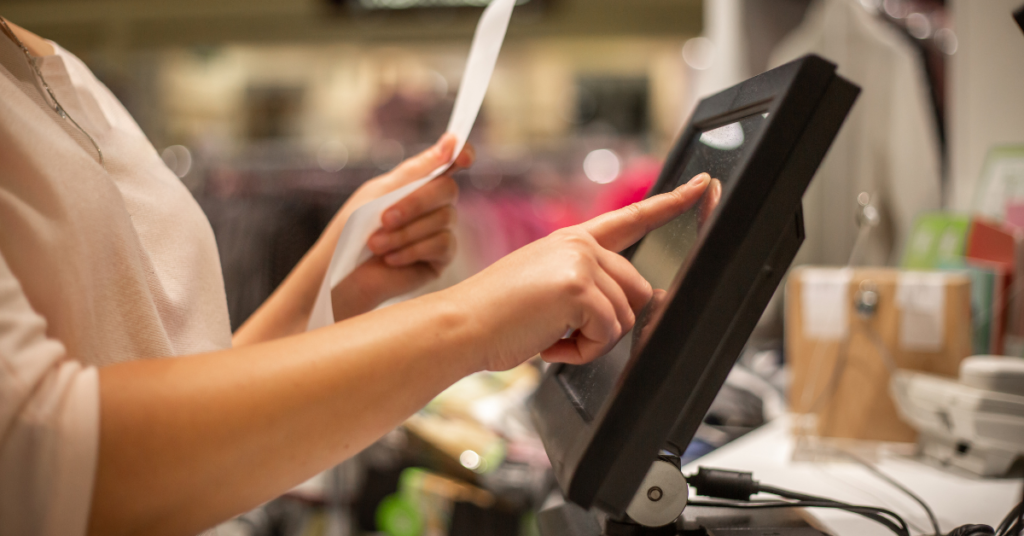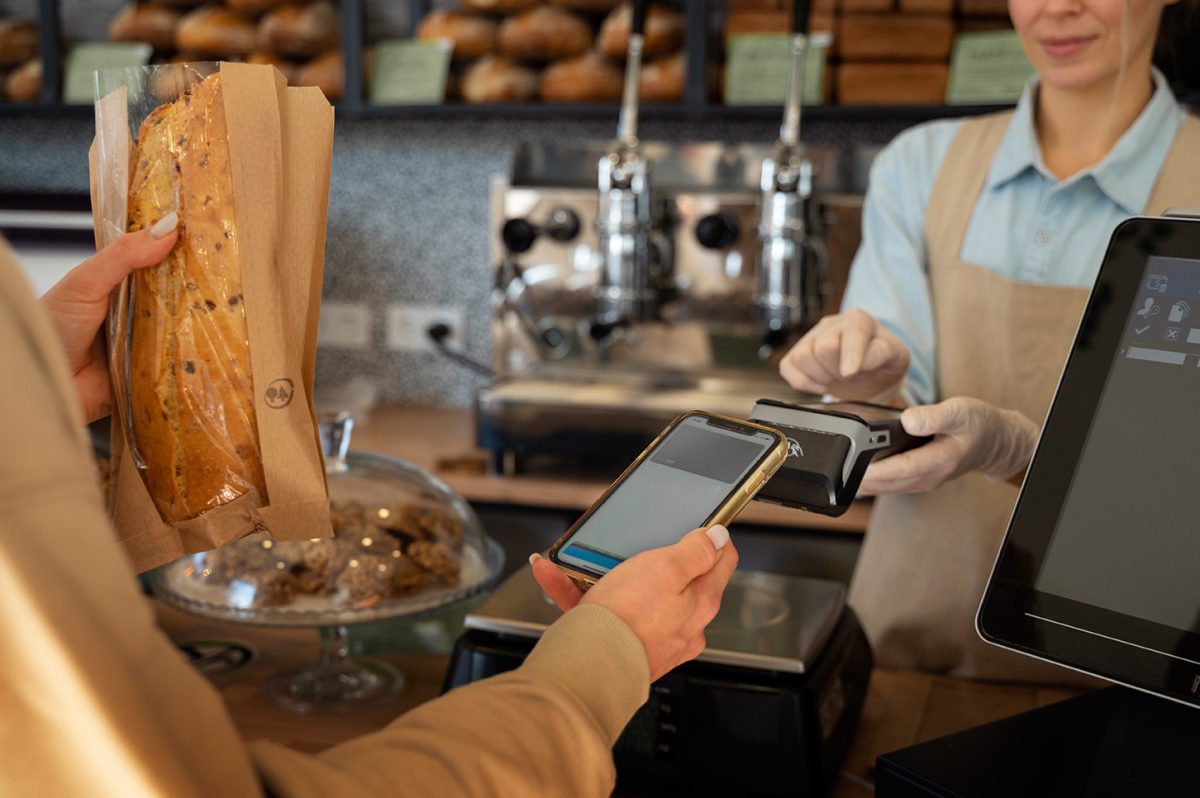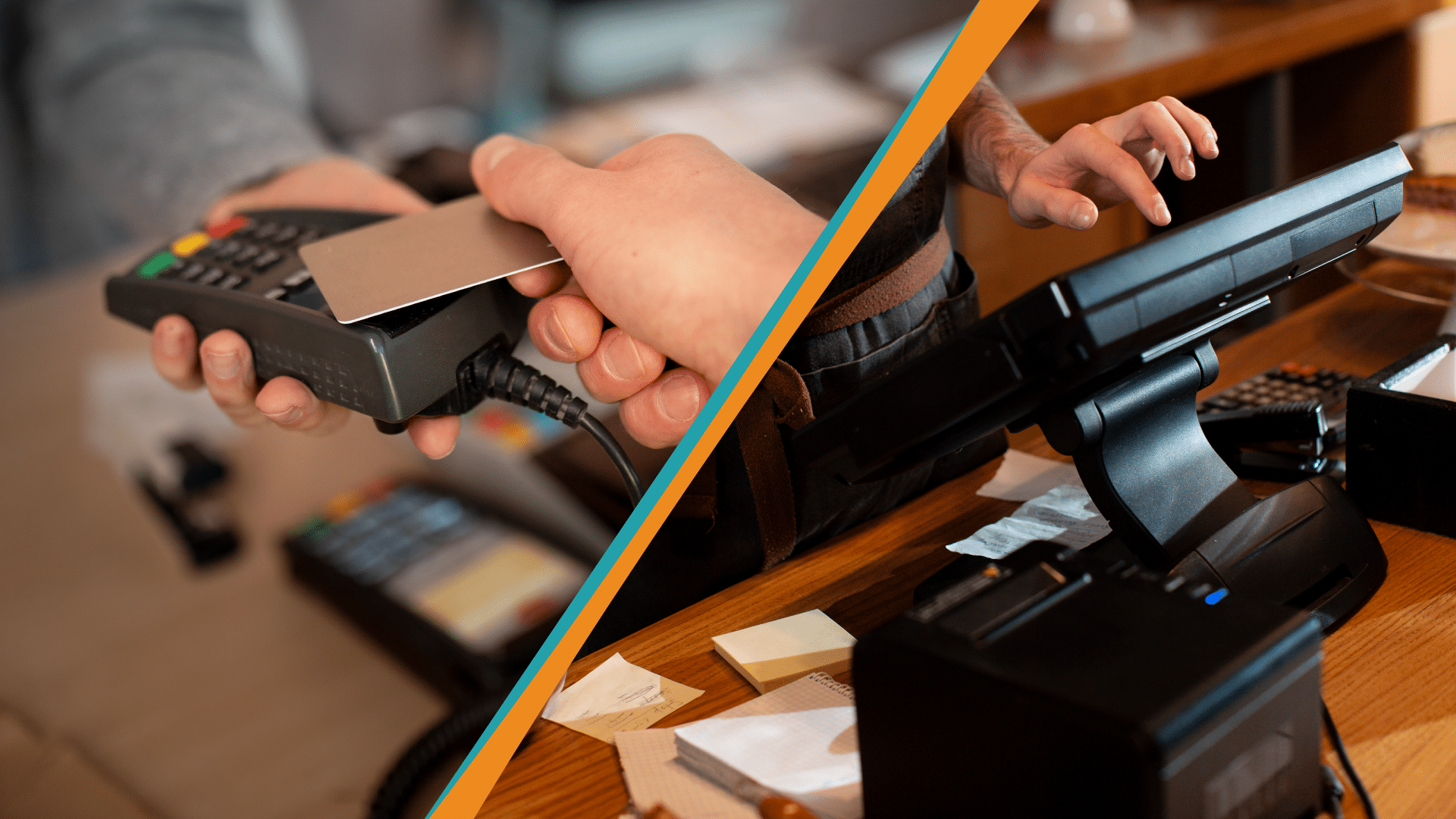The Future of Retail Growth Lies in POS Technology

The retail industry is undergoing a massive transformation. With changing consumer behaviors, digital payments, and rising competition, retailers can no longer rely on traditional methods to grow. Instead, they need smart, efficient, and data-driven solutions to stay ahead. At the center of this evolution is Point of Sale (POS) technology, which has become the foundation for sustainable retail growth.
POS systems are no longer just cash registers—they are complete business management platforms that empower retailers to optimize operations, enhance customer experiences, and scale effectively. Let’s explore why the future of retail growth lies in POS technology.
1. Omnichannel Retail Experiences
Modern customers expect convenience, whether they’re shopping online, in-store, or through mobile. A POS system bridges these channels seamlessly. By integrating e-commerce platforms with in-store operations, POS systems ensure consistent pricing, real-time inventory updates, and unified customer experiences.
For example, a customer might browse a product online, check stock availability in-store, and choose to pick it up the same day. POS technology makes this possible by synchronizing sales and inventory across all platforms. Retailers that embrace this omnichannel approach not only meet customer expectations but also unlock new opportunities for growth.
2. Smarter Inventory and Supply Chain Management
Retail growth often stalls due to poor inventory management. Overstocking drains resources while understocking leads to lost sales. POS systems solve this by offering real-time inventory visibility.
Retailers can track product performance, forecast demand based on historical data, and even automate reorders for best-selling items. This ensures shelves are stocked with what customers want, reducing waste and increasing profitability. With AI-driven features now being built into modern POS systems, forecasting accuracy is becoming sharper—making retailers more agile and competitive.
3. Data-Driven Customer Insights
The future of retail isn’t just about selling—it’s about understanding customers on a deeper level. POS technology collects and analyzes customer data, such as purchase history, spending patterns, and preferences.
Retailers can then use these insights to create personalized promotions, loyalty programs, and product recommendations. Personalized shopping experiences drive stronger engagement and repeat purchases, fueling long-term growth. In fact, businesses that leverage data-driven insights often see significantly higher customer retention rates compared to those that don’t.
4. Enhanced Customer Experience
Today’s shoppers value speed, convenience, and flexibility. A modern POS system supports multiple payment options—cash, cards, digital wallets, and even buy-now-pay-later services. Faster checkouts reduce waiting times, while features like mobile POS allow employees to complete transactions anywhere in the store.
These conveniences improve the overall shopping experience and encourage repeat business. In an industry where customer loyalty is hard to win but easy to lose, POS technology becomes the cornerstone of delivering consistent satisfaction.
5. Scalability and Multi-Location Management
For growing retail chains or franchises, managing multiple locations can be challenging. POS systems make scaling easier by centralizing data and operations.
Business owners can track sales, monitor employee performance, and manage inventory across all outlets in real time. Whether a retailer operates two stores or twenty, POS technology ensures consistency and efficiency. This scalability makes it possible to expand confidently without compromising service quality or profitability.
6. Future-Ready Innovations
The POS landscape continues to evolve with innovations such as cloud-based systems, AI-driven analytics, and integrations with CRM and ERP tools. Cloud POS, in particular, is reshaping retail by allowing access to data anytime, anywhere, with automatic updates and enhanced security.
Looking ahead, POS systems will likely incorporate predictive analytics, voice-enabled commands, and even blockchain-based payment solutions. These innovations will further streamline retail operations and unlock new opportunities for revenue growth.
Conclusion
The future of retail belongs to businesses that embrace technology, and POS systems are at the heart of this revolution. From enabling omnichannel experiences and smarter inventory management to offering real-time insights and enhancing customer loyalty, POS technology equips retailers with everything they need to grow in a competitive market.
For retailers, adopting a modern POS system is not just an upgrade—it’s a growth strategy. Those who invest in this technology today will be the ones leading the retail industry tomorrow.






